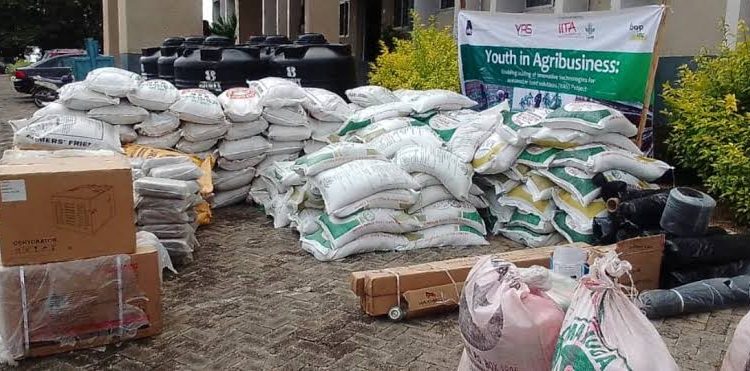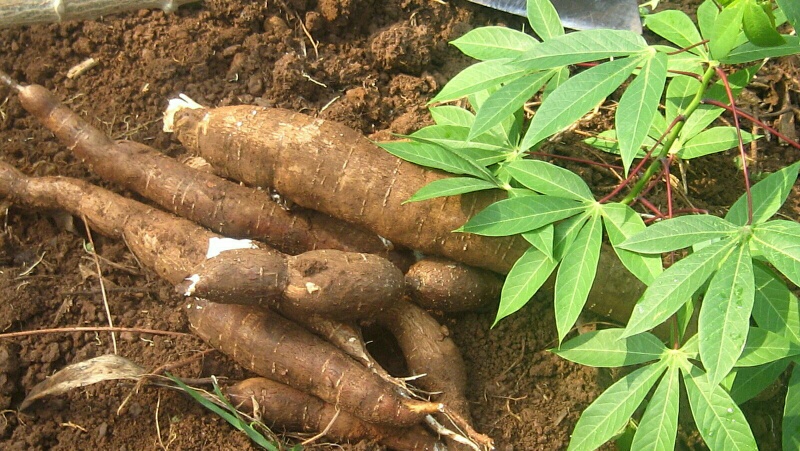The International Institute of Tropical Agriculture (IITA) has distributed vital agricultural inputs and equipment to young farmers in Oyo State, as part of its Youth in Agribusiness Project. The initiative, which aims to support agribusiness start-ups and expansion across Nigeria, marks another step in IITA’s broader mission to foster youth participation in agriculture and drive sustainable development.
The latest intervention took place at the IITA headquarters in Ibadan, where approximately 70 young farmers received a wide range of farm inputs. Items distributed included solar-powered irrigation systems, improved cassava stems, rotary slashers, defeathering machines, fertilizers, high-yield maize seeds, gari fryers, vegetable seeds, fish and poultry feed, seedling trays, coco peat, generators, knapsack sprayers, and gari pressers.
This distribution follows similar efforts previously carried out in Abuja, Kano, and Ogun states, reinforcing IITA’s commitment to promoting agribusiness as a viable and profitable path for youth across Nigeria.
Speaking at the event, the Head of IITA’s Genetic Resources Center, representing the Senior Management Team, congratulated the beneficiaries and encouraged them to tap into the support structures provided through the program. He emphasized the significance of youth engagement in agriculture, stating that the success of these businesses could generate employment opportunities through growth and scaling.
“The impact of these inputs will be felt across different agricultural value chains including cassava production and processing, aquaculture, poultry, and horticulture,” he said, underscoring the project’s multidimensional approach.
Also addressing the beneficiaries, the Chief Executive Officer of IITA Youth Agripreneurs, represented by a business development expert, reiterated the project’s long-term commitment to mentorship and growth. She encouraged young farmers to embrace the coaching and networking opportunities available to them, adding that agribusiness holds vast potential for wealth creation and food security.
Project Coordinator Adebayo Awotodunbo commended the support of the Kingdom of the Netherlands in funding the initiative. He cautioned the beneficiaries against misusing the distributed items, stressing that a dedicated monitoring and evaluation team will track how the tools and inputs are applied. He warned that those found selling the items instead of using them productively would be removed from the program.
“We expect these tools to enhance productivity and not be seen as handouts,” he said. “Our team will visit your farms to ensure proper use.”
One of the recipients, Ayomikun Oyesiji, expressed gratitude for the training and resources, describing them as transformative for her agribusiness. She noted that the program provided practical insights into both farm management and business operations, resulting in significant improvements in her venture.
Through initiatives like this, IITA continues to bridge the gap between youth and sustainable agriculture, aiming to reshape the perception of farming from subsistence to entrepreneurship. The organization’s long-term vision remains to develop a new generation of agribusiness leaders capable of transforming Africa’s food systems.










